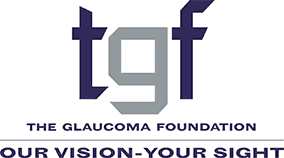~Are You Protecting Your Eyes?~

Winter is not over yet. And it can wreak havoc on your eyes. Fortunately, following a few cold weather eye tips can help keep your eyes safe.
Heaters and dry wind can aggravate dry eyes during the winter months. Dry eye syndrome, particularly common among older adults, is mostly caused by a deficiency in the tear glands, and a common preservative in many glaucoma medications can worsen the symptoms. The main treatment for relief is the use of lubricating artificial tears, available as over the counter eye drops, to replace natural tears and also provide an artificial protective coating for the eye.
Leave at least fifteen minutes between applications of the eye drops used to treat glaucoma and the artificial tears to keep from washing the glaucoma drop out of the eye. Generally, the artificial tear should be used after the glaucoma eye drops. There are two categories of artificial tears:
- Eyedrops with preservatives often come in multidose bottles and contain preservatives that discourage growth of bacteria once the bottle has been opened. The preservatives may irritate your eyes, especially if you have moderate or severe dry eyes.
- Preservative-free eyedrops have fewer additives and are generally recommended if you apply artificial tears more than four times a day, or if you have moderate or severe dry eyes. Preservative-free eyedrops may come in single-dose vials.For more severe cases, a thicker gel or ointment can be used at night or a prescriptive eye drop is available. Using a humidifier in your home may also be helpful. If you haven’t experienced some relief with these efforts, make an appointment with an eye doctor who can suggest other treatments.
It’s important to wear sunglasses in the winter to protect your eyes from dry, cold conditions and from the sunlight that reflects off of snow and ice. When shopping for sunglasses, remember to look for a pair that blocks 100 percent of the sun’s rays for best results.
If you participate in sports like ice skating, skiing and snowboarding, consider wearing special goggles that can provide even more protection for your eyes. It’s also a good idea to wear a hat to help deflect the sun’s rays, and if possible, to avoid skiing or hiking behind other people to help cut down on the amount of snow and debris that can fly into your face.
